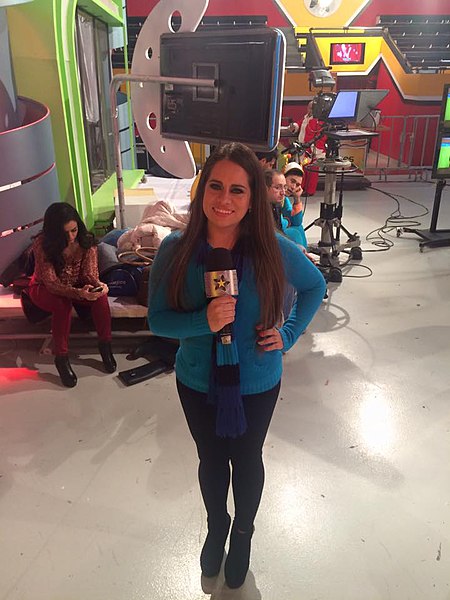Many persons love and admire TV presenting so much that they want to make a career out of it. If you’re one of these, keep reading to learn all you need to know about becoming a TV presenter or reporter, including audition preparations, hosting, and how to read a teleprompter.
What are the duties of a TV presenter?
A TV presenter’s job varies from one workplace to the next, but there are general duties you can find across the industry. Let’s take a look at them:
1. News
News reading is a major gig in TV reporting that requires you to be comfortable when speaking before the camera and mastery of reading with a teleprompter. You also need to be aware of news events going on at all times, with a good knowledge of political and global news. There will be times when you have to ad lib / improvise when certain links fail. Most news shows are live, not pre-recorded, so that adds an element of being on your best game at all times.
2. Talk Show
A talk show host doesn’t need as much teleprompter reading, except for when introducing guests and segments. However, talk shows need a lot of conversation that must be carried on in a natural flow and manner, even if it has been highly pre-planned. Talk shows are normally pre-recorded and edited, so any ‘errors’ can be erased if needs be. However, the best talk shows are recorded ‘as live’ with little editing necessary usually.
3. Awards Show
Awards show hosting requires the extra skill of working with a live audience, and anticipating nominees waiting to see whether or not they will be winners.
4. Competitions or Reality Shows
Hosting reality and competition shows require some teleprompter reading alongside direct and indirect communication with competitors and contestants.
5. Variety Show
Variety shows are a little like live events in that the TV presenter is normally the thread between acts, and has to chat with the people on stage and backstage.
Here are the skills you need to become a TV presenter or reporter
The primary skill you need to become a TV presenter is great diction and presence on camera.
We spoke with Lisa Burke who has over two decades of experience as a TV presenter, reporter, and interviewer.
With her experience handling news, shows, events, reports, live and recorded programs, as well as working in the studio and the field, she has a lot to offer.
Here’s her list of the most important thing to be a TV host:
- A curious mind and a genuine interest in learning about people and events. Such genuine curiosity improves conversations and interviews.
- Ability to think on your feet and improvise, respond properly to unexpected situations, and use your own words and thoughts naturally rather than just blindly following a script.
- Ability to connect to the audience, put them first, and make them enjoy the show.
Here’s what Lisa Toni Burke advises people interested in becoming a TV presenter or reporter
Build up a parallel career
Never rely on becoming a TV presenter or news reporter. It’s a fickle career and not reliable. Build up a series of interests and potential careers so that you can always turn your hand to something else. TV careers often spawn from a person’s lifetime passion, such as cooking or gardening. In my case, I continue to write science books and I sing. I also hugely enjoy moderating events and helping others to present their work on stage.
Continue to sharpen your knowledge and skills
When beginning your career as a TV presenter or news reporter, you need to develop many skills and broad knowledge. Develop your skills as a factual and creative writer, get comfortable with ad-libbing, and learn some editing and videography.
Build your knowledge of the power of social media which changes so frequently in its audience age group, and the appetite for the way in which media, news and reports are consumed.

